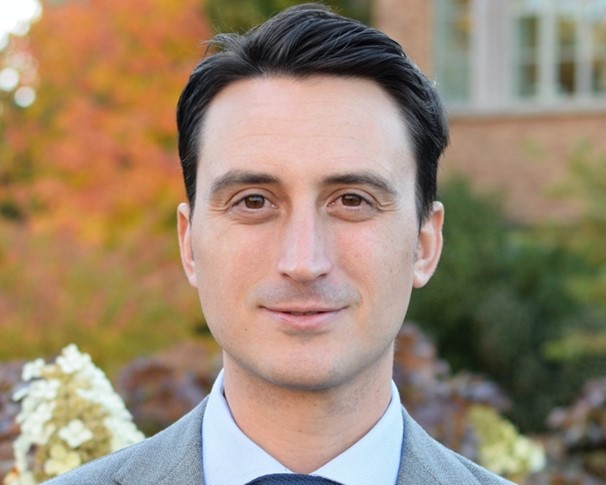MIPSE Seminar
Mode Transitions in Low-temperature Aerospace Plasmas
This event is free and open to the publicAdd to Google Calendar

The seminar is free and open to the public. To request the Zoom link, please send an email to:
[email protected].
Abstract:
Laboratory plasmas can experience abrupt transitions between operating modes during which either the plasma structure or dynamics undergo a sudden change. Nonlinear in nature, these mode transitions typically result from the existence of multiple stable plasma states. When developing new plasma sources, transitions between states generally occur in mysterious and oftentimes unexpected ways. Unpredictable mode transitions are particularly problematic to the design of new plasma-based aerospace technologies, such as electric propulsion systems. Detailed models of mode transition physics and scaling are critical to ensuring new systems behave as expected within their desired operating range. In this talk I will present experimental and theoretical research into the nature of mode transitions for two emerging technologies. The first is the helicon plasma thruster, an electrodeless propulsion concept relying on radiofrequency plasma heating and acceleration through a magnetic nozzle. The second, the plasma magnetoshell, is an aerocapture concept using magnetized plasma to generate drag on a spacecraft entering a planetary atmosphere. I will highlight the potential for new data science techniques to significantly advance the discovery and analysis of plasma mode transitions.
About the Speaker:
Dr. Justin Little is an Assistant Professor in the William E. Boeing Department of Aeronautics & Astronautics at the University of Washington. He received a BS in Physics and Aero-space engineering from the University of California, Irvine, and a PhD in Mechanical & Aerospace Engineering from Princeton University. Prof. Little’s research focuses on understanding how low-temperature plasma physics influence the performance and design of emerging electric propulsion technologies. His research methods emphasize a close relationship between reduced-order theoretical modeling and innovative experiment design to explore the fundamental scaling of dominant physics. He is a National Defense Science and Engineering Graduate Fellow and a recipient of the AFOSR Young Investigator Program award.
 MENU
MENU 
